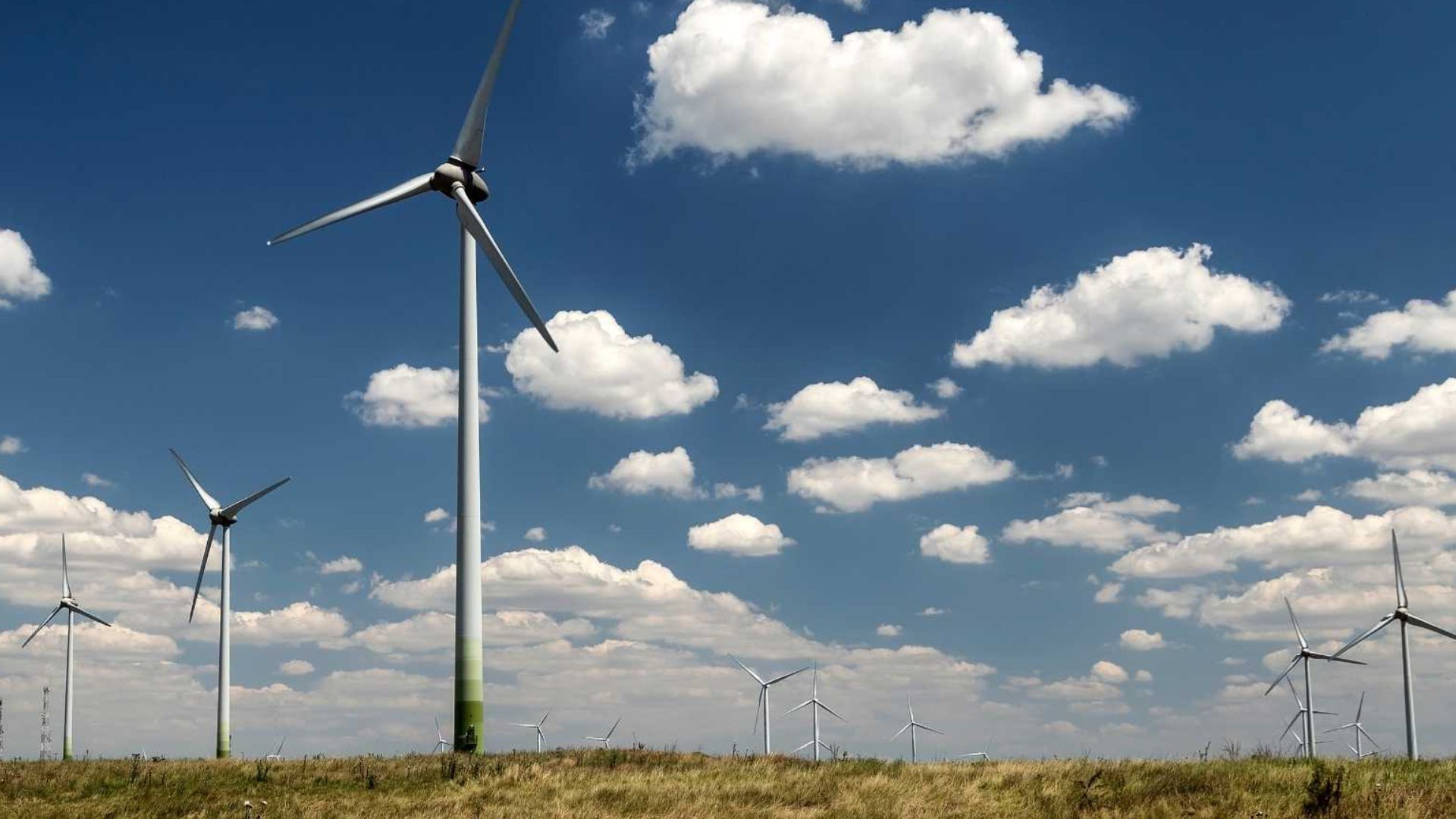Romania's Renewable Energy Sector Seizes the Opportunity to Foster Local Growth
- Romania | 23 March 2021

The initial wave of renewable energy development in Romania brought investments exceeding EUR 8 billion. However, the Romanian business landscape wasn’t fully prepared to capitalize on a substantial portion of these opportunities. While national actors managed aspects like development, construction, and operations and maintenance (O&M), most components were imported. With the arrival of a new wave of renewable energy projects, Romania’s economy stands on the threshold of claiming a much larger stake in value creation.
The potential for a robust local supply chain is grounded in several factors. First, as existing renewable energy capacities require increasingly intricate maintenance and repowering efforts, the demand for specialized skills and services is growing. Second, to meet the demands of installing new capacities, such as photovoltaic, onshore, or offshore wind, Romania needs significant resources, including financial, human, and technical assets, which it currently lacks. While sourcing components and services from international markets is an option, it comes with numerous drawbacks, from elevated transportation costs to protracted procurement timelines. Romania can seize this moment to manufacture components for wind turbines, PV panels, software, storage equipment, and more, thus bolstering the broader Romanian economy.
As of now, Romania already boasts local production facilities for bearings, forgings, generators, and electrical control systems for turbines. Additionally, the country is home to a wind turbine technician training center in Constanța, producing experts who fulfill the requirements of various regional markets and are even prepared for offshore assignments.
In anticipation of sustained offshore wind development in the Black Sea, Romania possesses a strategic asset in Constanța Harbor. Component manufacturers can utilize this harbor for transportation and shipping purposes. Furthermore, the integration of new renewable energy capacities opens doors for the development of the clean transport sector, including charging infrastructure. It also facilitates energy storage solutions, allowing for the establishment of battery and hydrogen value chains at the national level, with applications in decarbonizing heavy industrial processes and sustainable transport.
Throughout their involvement in public events like RESInvest, Romania’s renewable energy industry has consistently advocated for support to attract and cultivate local value chains, leveraging the potential of both the national and regional markets. Romania now finds itself at a pivotal juncture, where nurturing the local supply chain could lead to a gradual narrowing of the socio-economic gap with Western European counterparts.
Unquestionably, the renewable energy sector holds the potential to create high-quality, well-paying jobs. However, achieving this potential necessitates the implementation of intelligent and forward-looking state policies to create the right investment environment and develop the necessary human capital.








